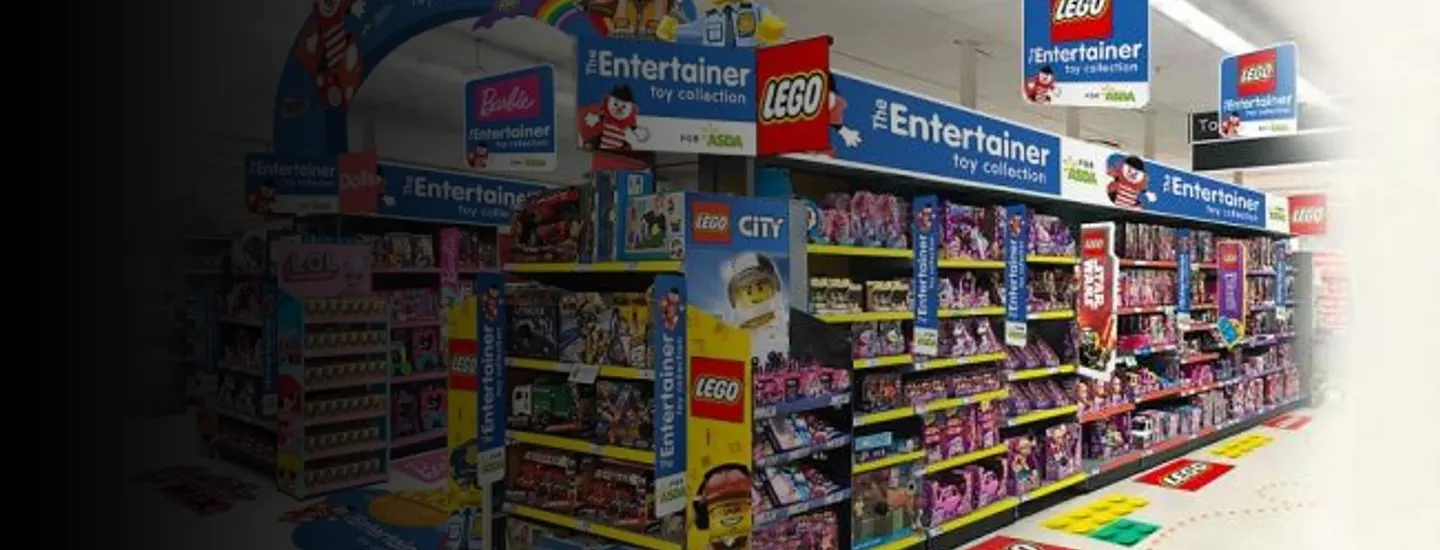Another interesting move from Asda as it explores the value of brand relevant in-store partnerships. We have seen a number of these arrangements in recent years from Sainsbury’s acquisition and integration of Argos into some of its stores through to Asda’s latest pilot with The Entertainer.
It’s particularly noteworthy given the near wholescale decline of chain department stores which have looked less and less viable as brand aggregators in the digital age. While there will be some traditional department store businesses that survive, it’s more likely to be those with a clear proposition that can embrace omnichannel than the traditional concession-based model.
This ‘department store’ model is an interesting one for the large grocers. With Covid creating a massive shift in consumer behaviours and priorities the demands on grocers’ premises are increasingly complex.
First and foremost they remain a solid bricks and mortar play. While shopping patterns have changed due to various public health measures (the ‘return’ of the weekly shop, increased online shopping etc.) people are still visiting physical stores to get their groceries.
However, they are increasingly serving as fulfilment centres for growing numbers of online shoppers. A purpose to which, in their current format, they are largely ill-suited. Adding more in-store and trying to fulfil larger numbers of online orders efficiently is likely to make for some congested aisles in the nation’s superstores.
There is clearly opportunity here though. Allowing non-core product areas to be delivered by recognised brands in that space will enable grocers to simplify their supply chains, reduce stock and generate cash for wider transformation efforts without eroding consumer convenience. In fact, there is significant potential to capture a wider range of consumers who can combine multiple diverse shopping journeys into one. An important offering as people will be looking to minimise their risk of exposure to the outside world for some time to come.
The other opportunity – although it is not without significant challenges – is data. The possibility of developing deeper, richer data sets based on more varied shopper profiles will be attractive to both the grocers and the concession brands. Making it happen though is altogether more challenging. Not only will the technical integration be incredibly complex but regulations, such as GDPR, are likely to affect data-sharing.
The evolution in supermarket retail is gathering pace. Offering more to existing consumers and capturing new shoppers, while undertaking significant transformation activities, suggests interesting times for our nation’s grocers.

